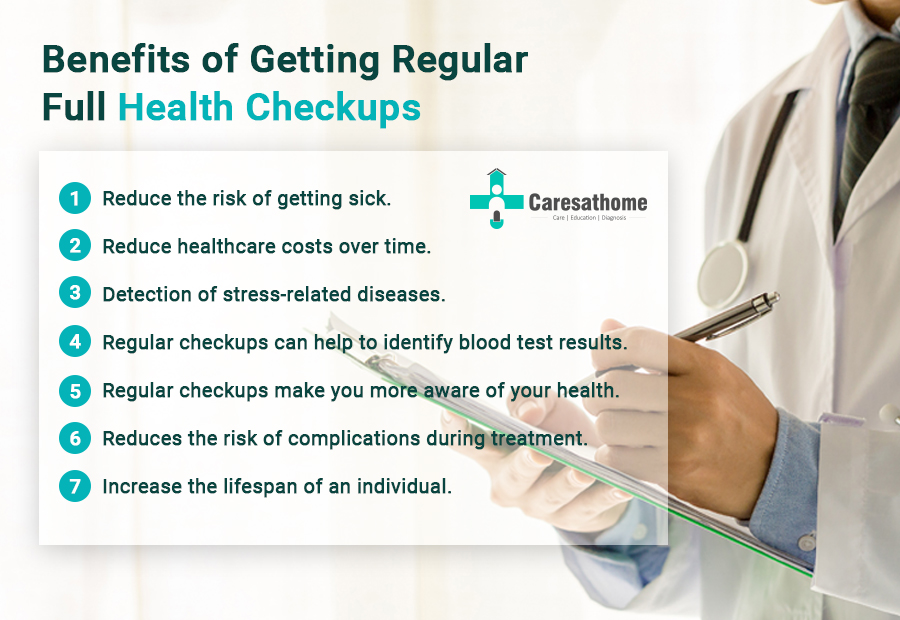The Importance of Regular Health Check-Ups
As we go about our busy lives, it’s easy to forget to prioritize our health. We get caught up in work, family responsibilities, and all the other demands that come our way. But the truth is, regular health check-ups are essential for maintaining our overall well-being. I’ve learned this firsthand through my own experiences, and I want to share with you the importance of making health check-ups a priority in your life.
First and foremost, regular health check-ups can detect potential health issues early on. Many diseases and conditions are often asymptomatic in their early stages, making it difficult for us to recognize any warning signs. However, through routine check-ups, doctors can use various tests and screenings to identify any hidden health concerns.
Let me share with you a personal story that highlights the significance of early detection. A couple of years ago, during my annual check-up, my doctor noticed an abnormality in my blood work. It was a minor deviation, but she felt it was worth investigating further. As a result, additional tests were conducted, leading to the discovery of an underlying autoimmune condition. Had it not been for that routine visit and subsequent investigations, I might have gone on for months or even years without realizing something was wrong.
Regular check-ups also allow healthcare professionals to assess our risk factors for different diseases. They can provide advice on lifestyle changes, such as improving our diet, exercising regularly, and quitting smoking, to reduce our chances of developing certain conditions. Furthermore, they can offer guidance on managing pre-existing conditions, ensuring we are doing everything we can to keep our health in check.
Additionally, health check-ups help to establish a baseline for our overall well-being. By monitoring our vital signs and conducting various tests, doctors can track changes in our health over time. This means that any deviations from the norm can be easily identified, and appropriate measures can be taken promptly.
Another aspect of regular health check-ups that often gets overlooked is the opportunity it provides for open communication with our healthcare providers. It’s essential to have a trusted medical professional who knows our medical history, listens to our concerns, and answers our questions. Building a solid relationship with a doctor who understands our health goals and concerns allows for personalized care and efficient treatment.
Moreover, regular health check-ups play a vital role in mental health as well. It’s no secret that our emotional well-being affects our physical health. By addressing our mental health concerns during check-ups, doctors can offer guidance, referrals, or prescriptions to help manage conditions like anxiety or depression. This integrated approach to healthcare ensures that we are caring for our complete selves.
Now, I understand that many people might find it challenging to prioritize health check-ups due to financial constraints or time limitations. However, think of it as an investment in your future. Preventive care can save you from more expensive and invasive treatments down the road. Many insurance plans cover preventive screenings and immunizations, making it more accessible for everyone.
So, how often should you schedule a health check-up? The frequency may vary based on your age, gender, medical history, and risk factors. Generally, adults should aim for an annual check-up, where comprehensive physical exams are conducted, and preventative screenings are performed based on age and gender-specific guidelines.
Here are a few key takeaways to remember about the importance of regular health check-ups:
1. Early detection: Regular check-ups allow for the early detection of health issues, increasing the chances of successful treatment.
2. Risk assessment: Doctors can assess our personal risk factors and provide tailored advice on maintaining and improving our health.
3. Establishing a baseline: Regular monitoring creates a baseline for our overall well-being, making it easier to detect any deviations and take appropriate action.
4. Open communication: Check-ups foster open and honest communication with healthcare providers, ensuring that our concerns are heard and addressed.
5. Mental health support: Health check-ups provide an opportunity to address both physical and mental health concerns, promoting holistic well-being.
Remember, your health is your most valuable asset. By prioritizing regular health check-ups, you are taking a proactive and responsible approach towards maintaining your well-being. Make that appointment, take the time, and invest in your health. Your future self will thank you.

